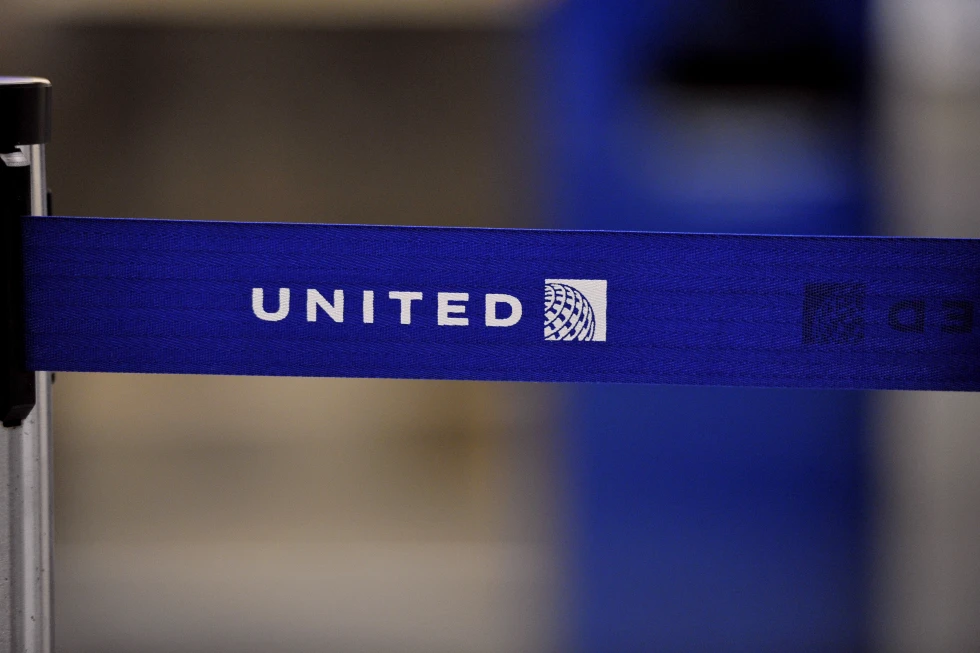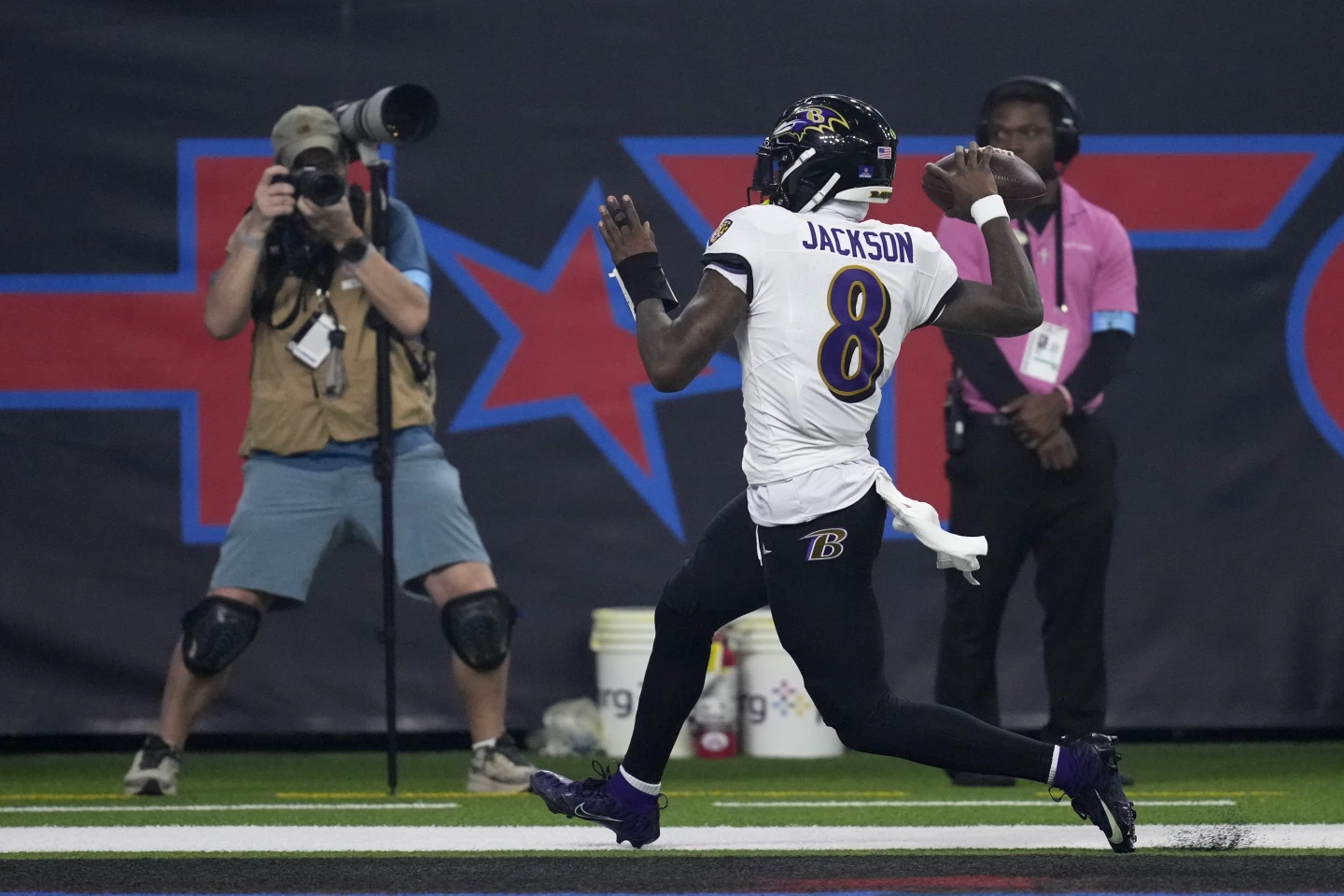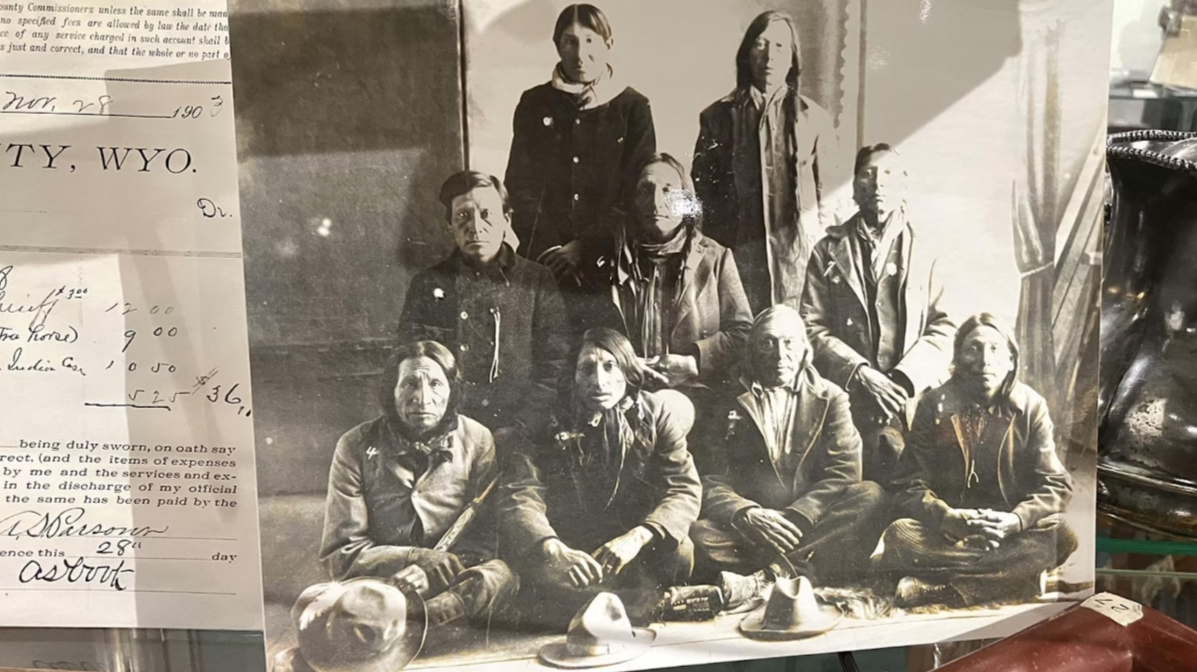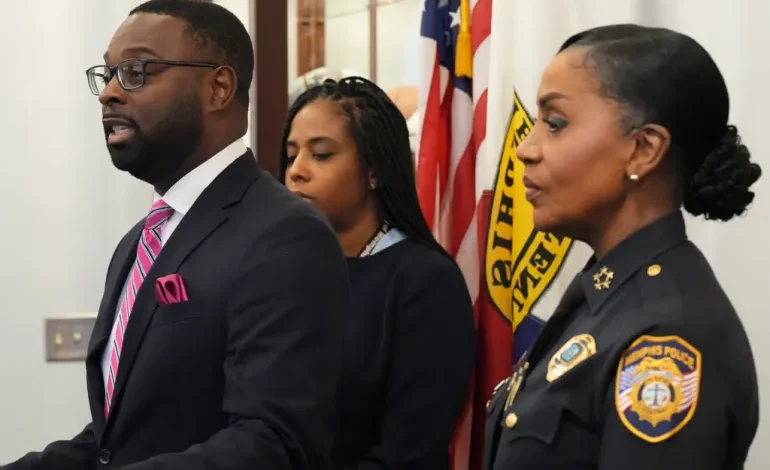The city of Memphis is pushing back against federal oversight of its police department following a scathing Department of Justice (DOJ) report detailing widespread discriminatory policing practices, Al Jazeera reports.
The report, released Wednesday, found that Black residents are disproportionately targeted for arrests and citations, particularly for low-level offenses like loitering and disorderly conduct.
Mayor Paul Young, in a Thursday news conference, acknowledged the need for reform but rejected the DOJ’s offer of a consent decree – a legally binding agreement to implement reforms.
“We believe we can make more effective and meaningful change by working together with community input and independent national experts,” Young said, arguing a consent decree would be “bureaucratic, costly, and complicated.”
The 73-page DOJ report highlighted alarming disparities: Black residents are arrested for loitering and curfew violations at 13 times the rate of white residents, and for disorderly conduct at 3.6 times the rate. The investigation also concluded that Memphis Police Department (MPD) officers regularly escalate non-violent situations, and that officers accused of brutality, including beatings of restrained individuals, face minimal accountability.
The DOJ’s investigation was launched in the wake of the highly publicized death of Tyre Nichols, a 29-year-old Black man who died after a brutal beating by five Memphis police officers in January 2023. Video footage of the incident sparked widespread outrage and protests nationwide. Three officers have since been convicted in federal court on charges related to the beating, which an autopsy determined resulted from repeated blows to the head.
While Black residents and activists have long voiced concerns about MPD practices, city officials have been hesitant to commit to significant, enforceable changes. City Attorney Tannera Gibson, in a letter to the DOJ, argued the investigation was rushed, citing its 17-month duration compared to the typical 2-3 year timeframe for such investigations. Gibson also stated the city needs time to review the report’s findings before discussing potential reforms.
The city’s resistance to federal oversight comes despite the report’s damning conclusions regarding systemic issues within the MPD. The debate now centers on whether Memphis can effectively address these issues independently or if a federally mandated consent decree is necessary to ensure meaningful and lasting change.









